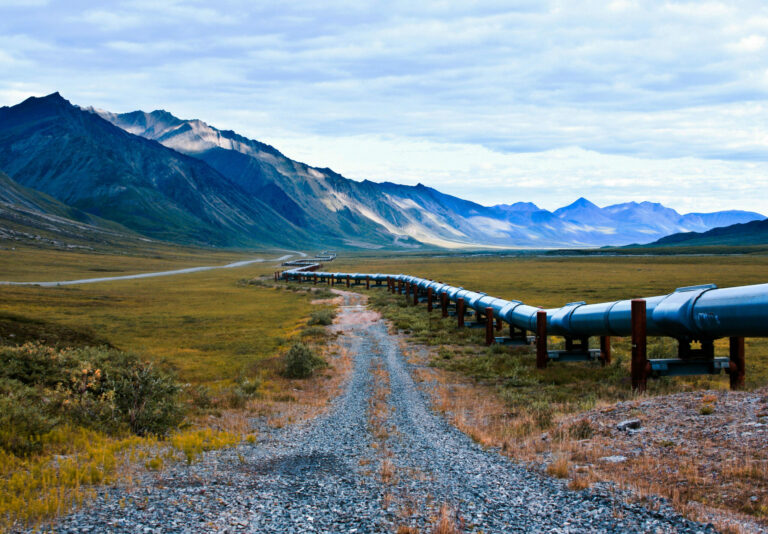DAPL Ruling Threatens American Energy Security & Independence
The Washington Times recently published an opinion column from GAIN strategic advisor and retired Army Major General James “Spider” Marks regarding the significant ramifications of Judge James Boasberg’s ruling ordering the shutdown of the Dakota Access Pipeline. Earlier this month, Judge Boasberg ordered DAPL be emptied and shuttered until the U.S. Army Corps of Engineers conducts additional environmental review on the pipeline – despite its safe operation for more than three years. This type of “seemingly never-ending legal limbo” is becoming all too common for energy infrastructure in the U.S., as Marks writes. He also highlights its impressive track record:
After undergoing the rigorous permitting process conducted by both federal and state regulators and subsequent construction, the DAPL project came online in June 2017 and served as the only direct delivery pipeline for Bakken-produced crude oil to refineries and markets at the Patoka Energy Terminal in southern Illinois. For three years, the pipeline safely delivered as much as 570,000 barrels per day … no issues, zero. This is about 40% of North Dakota’s oil production for distribution throughout the Midwest and into the Gulf for a variety of essential uses.
Unfortunately, DAPL has become a target for environmental activists and the “Keep it in the Ground” movement fixated on halting the use of fossil fuels. Marks notes:
To many, DAPL was a sign of the growing American energy promise: impressive capacity, efficient marketplace delivery and technologically innovative. For others the project was pipeline non grata and represented the dangers of an industry deemed “public enemy number 1.” Where are the dangers?
Marks explains that should DAPL be shuttered, a lot will happen in the 13 months while the Corps conducts the additional environmental review – developments that will surely risk American energy independence, national security, and our energy security, writing:
First, international adversaries will have made gains in energy capabilities and likely targeted American allies for energy contracts in hopes of extending influence to new regions. Specifically, Russian and Chinese state-supported projects will be major players in the global energy marketplace.
…
Second, the U.S. could fail to meet rebounding energy demands and perhaps loses global market share as COVID-19 lockdowns ease. Industry bankruptcies from the pandemic, DAPL’s closure, the recent abandonment of the Atlantic Coast pipeline, and complete uncertainty in the regulatory environment has left our nation vulnerable.
…
Inarguably, American national security suffers. By leaning into the role of energy exporter and friendly trade partner, American national security improves and the country gains allies by promoting prosperity. Without that advantage, expect other nations to assert themselves. You won’t find any new democracies in that formation.
Judge Boasberg’s ruling has unnecessarily introduced uncertainty in a time when our nation needs it most. As Marks concludes:
Judge Boasberg’s DAPL ruling has clouded the landscape for energy infrastructure amid a number of unique disruptions that have all contributed to unsettling many of the energy advantages America has enjoyed. However, the reality of infrastructure is that it is essential to make use of natural resources and supports critical functions of the country’s interests and economy. To make up for these losses, the United States better ensure that regulators and the judiciary find reason to endorse future infrastructure buildouts.

